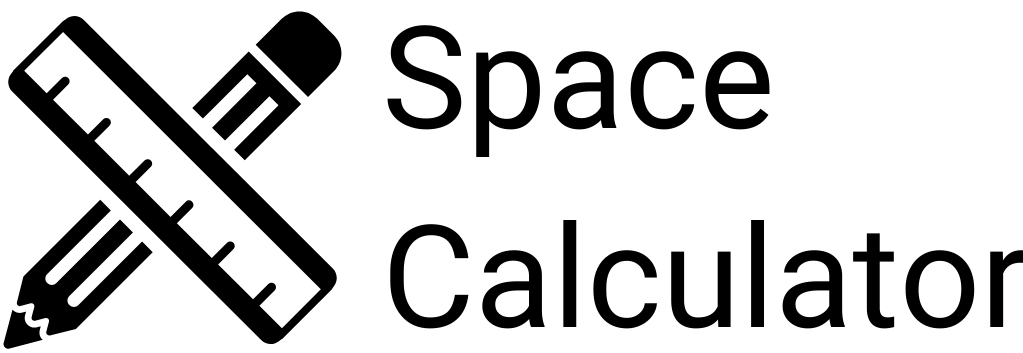Author: Shawn Moura, Ph.D., NAIOP’s Research Director
The spread of the novel coronavirus across the globe and its arrival in the U.S. and Canada have prompted analysts to assess the disease’s potential impact on the North American economy and commercial real estate industry. Much remains uncertain about the new disease, including its incubation period, infection rate and mortality rate. Recent news reports and industry publications provide some insight into the virus’s potential economic consequences.
China’s Ripple Effect
China’s ongoing experience with the disease has already sent ripples through the global economy and highlights the commercial real estate sectors that are most vulnerable to an epidemic. Initial factory closures and the quarantine of workers across China have disrupted the global supply of raw materials and intermediate parts needed for manufacturing as well as finished consumer goods. Major U.S. ports, such as those at Los Angeles and Long Beach, have already experienced declining shipping loads from China. Reports from news outlets like the Wall Street Journal suggest that many small- and medium-sized businesses in China are currently struggling to pay their workers and may close before economic activity returns to normal levels. Business closures could further disrupt global supply chains and slow China’s recovery.
Impact on the Industrial Sector
Gregg Logan and Taylor Mammen at RCLCO Real Estate Advisors expect that demand and pricing will soften for industrial real estate in markets near ports that handle a significant volume of Chinese trade. They also predict supply shortages for retailers that rely on Chinese imports once current inventories are exhausted. Taylor Coyne and James Cook at JLL note that textiles, consumer electronics and automotive supply chains are most vulnerable to disruption due to their complexity and dependence on Chinese production. However, most analysts currently project that healthy fundamentals and strong investor interest should allow current industrial assets and new industrial development to weather short-term weaknesses associated with these disruptions. In an interview, this week with NAIOP, Timothy Savage, Ph.D., co-author of the NAIOP Industrial Space Demand Forecast, said he believes that industrial real estate would face significant harm only if there were a long-term disruption to global supply chains.
Read more at http://blog.naiop.org/2020/03/taking-the-pulse-of-commercial-real-estate-in-the-face-of-a-coronavirus-outbreak/





